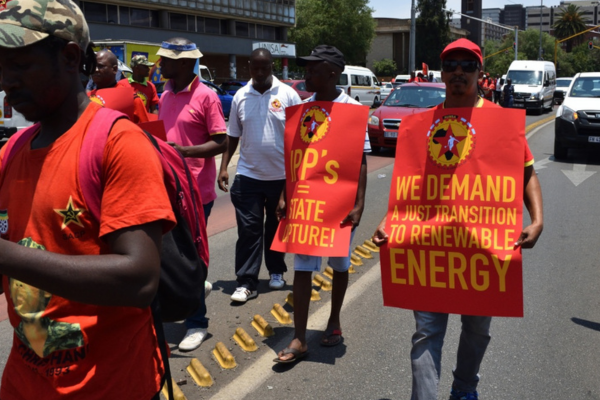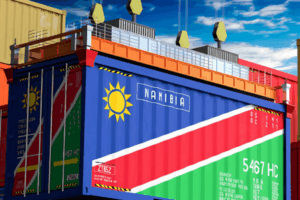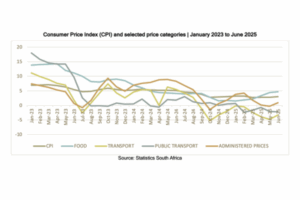Three key terms you need to know in trade union advocacy on a greener future that protects workers.
What is climate change?
Our planet is getting warmer because of a buildup of heat-trapping gases, mainly from burning fossil fuels (coal, oil gas). This change in temperature disrupts weather patterns, bringing more extreme heat, droughts, floods, and storms.
Sea levels are rising, glaciers are melting, and this threatens coastlines and ecosystems across the world. It’s a complicated issue, but the bottom line is human activity is causing the Earth to heat up, and the consequences are significant.
What is COP28?
For decades, the world has been dependent on coal, oil and gas – the fossil fuels that harm the environment. Many countries have recognised the need to transition to greener forms of energy – think renewable energy like solar power, wind and hydroelectricity. However, the transition is complex, and countries have struggled to agree on a way forward.
In late 2023, a big international meeting was held in Dubai, the 28th Conference of the Parties to the United Nations Framework Convention on Climate Change (UNFCCC), commonly referred to as COP28. Essentially, it was a summit where almost all countries came together to discuss how to deal with climate change.
This conference is important for trade unions and workers across the world because “it is the first COP to call explicitly for countries to accelerate a global shift from fossil fuels in a manner that is ‘just, orderly and equitable.’”[1] What this means is that, as we move away from fossil fuels, people who are affected by this should be protected. And not only people affected by the move away from fossil fuels (like those losing their jobs), but also those communities and people impacted by climate change.
There are two key issues that were raised in this conference that are important for workers’ and workers’ organisations. COP28 specifically references labour rights and social protections. The agreement on the “Just Transition Work Programme” has been called a “major victory for trade unions”.
What is the Just Transition?
The term “just transition” is commonly used alongside the need to combat climate change. The goal is to make sure everyone benefits from this move towards a healthier planet.
The term was launched by trade unions in the 1990s: the “Just Transition agenda aspires to a fair and inclusive transition from fossil-fuel-dependent economics to sustainable, low-carbon growth models.”[2]
We need to move away from industries that pollute, like coal mines and some factories. But if those factories shut down, what happens to everyone that works there? Globally, over 32 million people work in the fossil fuel industry alone, not to mention other harmful sectors. In addition to this, over a billion jobs globally depend on “ecosystem services and a stable climate.”[3]
There are many initiatives worldwide – but we need to do more.
We must push for retraining and reskilling programs. We must fight for financial support during this transition. We must work with companies and governments to create good jobs in clean industries.
______________________________
References
[1] https://www.lo.no/hva-vi-mener/internasjonalt/nyheter-internasjonalt/women-and-just-transition-steps-unions-can-take-to-promote-gender-justice/
[2] https://www.lo.no/hva-vi-mener/internasjonalt/nyheter-internasjonalt/women-and-just-transition-steps-unions-can-take-to-promote-gender-justice/
[3] https://www.ilo.org/wcmsp5/groups/public/—dgreports/—gender/documents/publication/wcms_905739.pdf
RELATED RESOURCES
- Defining a just transition for sub-Saharan energy workers.
- Trade unions going green: Environmental issues in the world of work
- Trade union priorities for a just transition: A presentation for unionists that want to engage in dialogues on sustainable development and represent workers’ interests.







